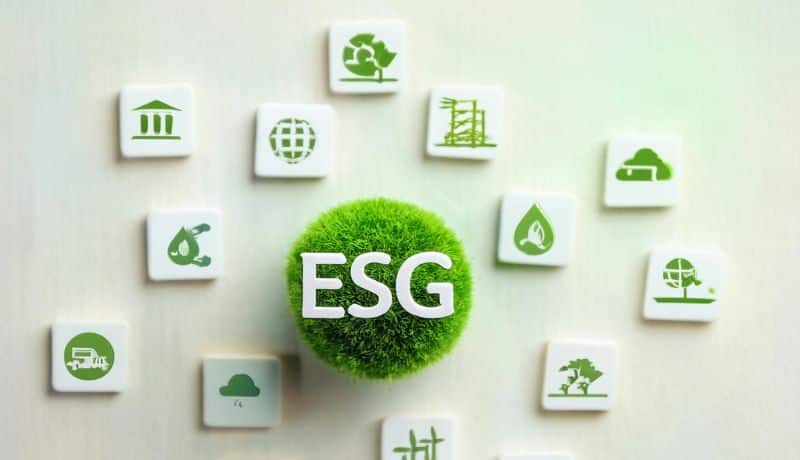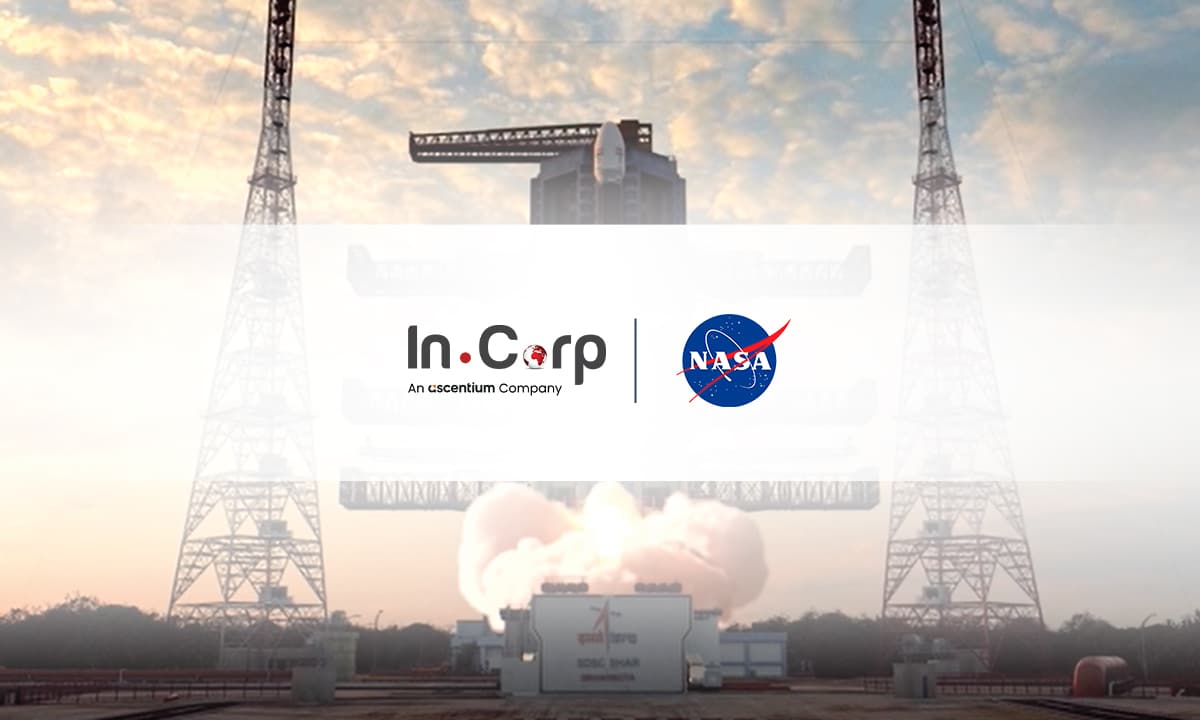GST Compliances for E-Commerce: Complete Guide for Sellers

GST Compliances for E-Commerce: Complete Guide for Sellers
Guide for e-commerce sellers: Know GST compliances, flow of transactions and need for e-commerce ecosystem
- Authors
- Last Updated
- Tags
- Last Updated
- Tags
Share
Table of Contents
- Authors
- Last Updated
- Tags
India has seen an unprecedented increase in e-commerce transactions, as has the rest of the world. So, its introduction of digital taxation at a time appears to be a step in the right direction. In this blog, we discuss e-commerce ecosystem and the necessary GST compliances. Let’s look at why there is a growing need for e-commerce ecosystem in the country.
Need for an E-Commerce Ecosystem
- It is increasingly necessary for businesses to comprehend and utilise e-commerce to develop trade in India. Entrepreneurs are attracted to e-commerce these days because of the low entry barriers.
- Geographic boundaries become irrelevant when shopping online through e-commerce platforms. One can offer their products to customers all around the world using the internet.
- E-commerce taxation is complicated. They fall under various tax jurisdictions that govern how these technology-assisted distribution channels operate.
- The Indian government has also made quick modifications to the taxes of e-commerce transactions. They are separated into two categories:
- Aggregator of goods/services and
- Sellers of goods/services via an e-commerce platform.
Flow of Transactions in the E-Commerce
This chart below explains the flow of transactions in e-commerce.
Seller
- Sells products/ services to customers
- Receives order intimation from Ecommerce Operator’s portal
Ecommerce Platform
- Provides an online platform to connect seller & buyer
- Collects money from Customer
- ECO charges commission/other charges & remits back money to Seller
Customers
- Places order & makes payment to E-commerce Operator
- Receives the goods/services from the Seller
*ECO – E-commerce Operator
GST Compliances for E-Commerce
This chart below explains GST compliances for e-commerce.
| Particulars | E-Commerce Operator | Seller | Buyer |
|---|---|---|---|
| Registration |
|
Unless you are a notified person who provides the following services:
you are obliged to register |
If turnover limitations exceed the threshold limit, registration is required. |
| GST Liability |
|
|
|
| Compliance |
|
|
|
Conclusion
India has been at the forefront of digital economy taxation, and the characteristics listed are quickly becoming the new standard for digital economy taxation. Businesses will need to regularly examine their operating models to assess the impact, identify risks, explore planning possibilities as tax law develops. To comply with these significant changes in law, you need to classify financials connected to in-scope transactions to analyze them from an economic viewpoint.
Why Choose Incorp Advisory?
With years of experience, professionals at InCorp can guide you precisely on various indirect tax levies, including Goods and Services Tax (GST). Our Indirect Taxation and Advisory Team at InCorp provides seamless support with advisory services and assists you in compliance with all applicable rules. We also assist in the effective planning and structuring of your business to ensure compliance with the regulations. To learn more about our services, you can write to us at info@incorpadvisory.in or reach out to us at (+91) 77380 66622.
Authored by:
InCorp Advisory | Indirect Tax
Frequently Asked Questions
No, the two concepts are not identical. TCS under GST is a method for the ECO to collect GST in advance so that the government can maintain track of the transactions that are taking place. For GST, an ECO is required to register under TCS. However TCS for income tax is not applicable.
- Yes, you must register separately in each state and choose a person responsible for paying GST in each State/Union Territory.
- Even if the registration is done in various states, the supply of ECO from one state to another will be considered an inter-state supply. TCS in the form of IGST will be collected and deposited by the appointed person from that state.
- Suppose an E-commerce operator has no TCS liability in a given tax period. No transaction has been auto-populated in table 4 of GSTR-8 for that tax period due to the supplier's rejection of TCS details in the TDS/TCS credit received table. In that case, Form GSTR-8 will not be required to be filed for that tax period.
- Otherwise, you must complete Form GSTR-8 for each tax period in which TCS was collected, unless the details in table 4 are auto-populated.
- Yes. It can claim ITC on expenses such as website charges, professional fees, and other expenses incurred in the course of or in the advancement of business against external supplies such as commission, additional fees, and so on.
- Up to the amount reflected in the GSTR-2B for the relevant period, ITC can be claimed.
Share
Share







































































